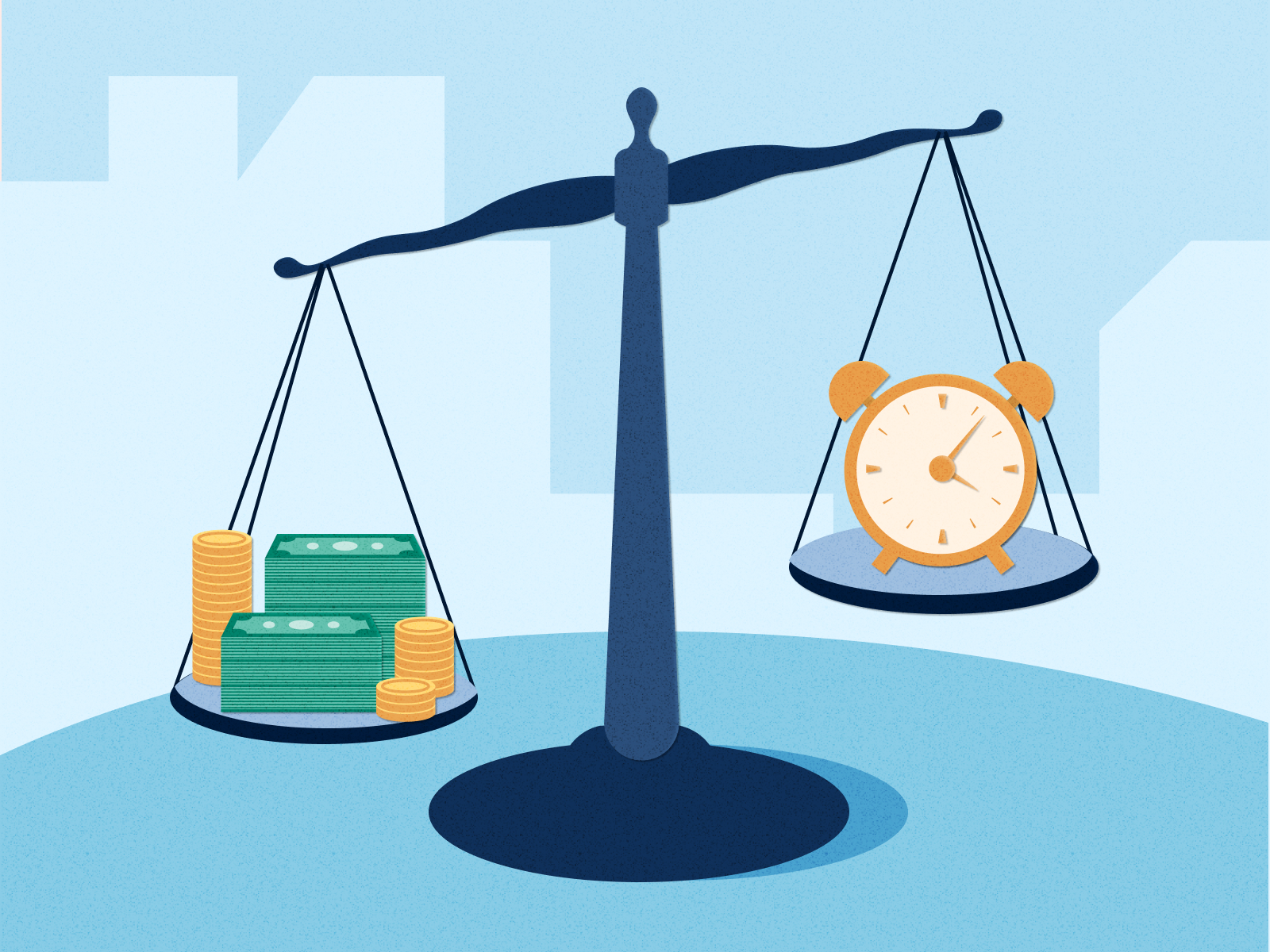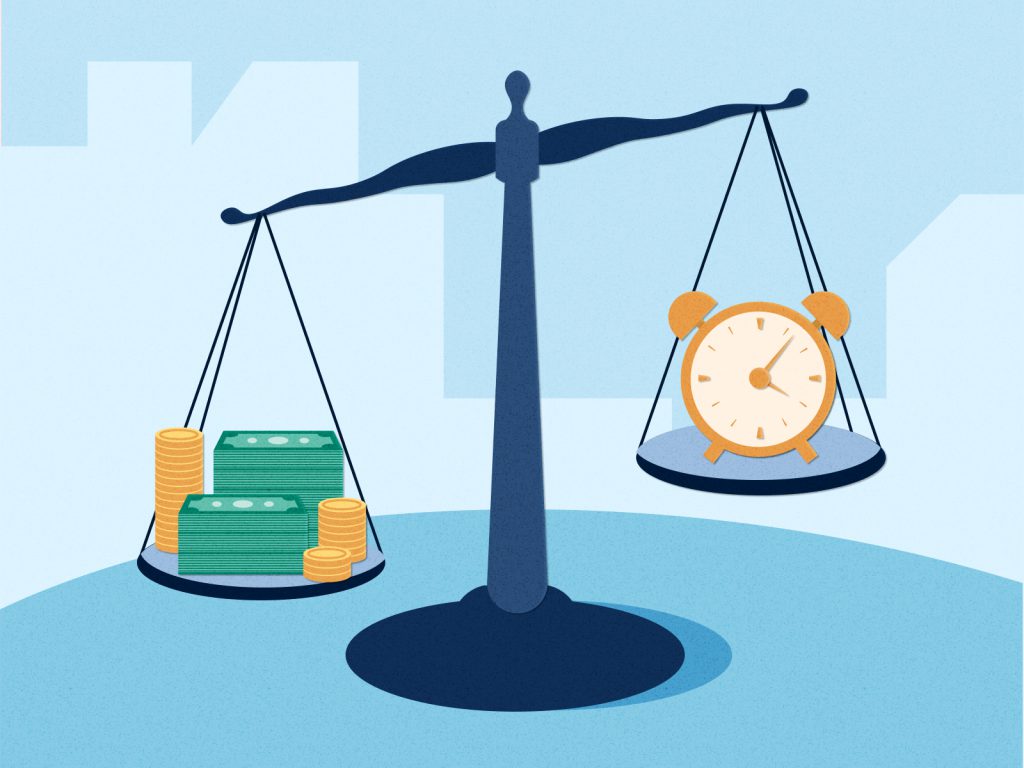

What is time value of money? Discuss how the expression “a bird in the hand is worth two in the bush” relate to the concept of the time value of money?
What is time value of money?
TVM (or Time Value of Money) is a concept that states that the money you have right now is more valuable than if you acquired the same amount of money in the future. Therefore, the faster you obtain the money, the more valuable it is. As soon as you can use the current money to gain some interest in the future, such money is preferable for investors because it makes the investment opportunity available (Corporate Finance Institute, 2019).
Let’s imagine that we are in “The Matrix” movie. If you choose a red pill, you will get 100$ right now. If you choose a blue pill, you will get 100$ one month later. At the first glance, it seems that there is no difference at all. However, we should keep in mind, that today’s 100$ can become a larger amount of money one month later, depending on what you do with them. You can deposit 100$ in your bank account. Is there any monthly interest that will bring you a couple of dollars next month? Or can you buy some stocks? Can you produce something, that you will sell at a higher price later? What about inflation? Is your currency stable enough, or will it also change? You have a lot of opportunities to multiply (and, unfortunately, lose) the money that you have right now. This is why the current cash is more valuable than the same amount of the future one.
Discuss how the expression “a bird in the hand is worth two in the bush” relate to the concept of the time value of money?
If we change “birds” into “dollars”, we will get the same expression which will relate to the concept of TVM very clearly: “a dollar in the hand right now is worth two dollars in the future”. As I have explained above, it is always better to make use of the current money because of different reasons. First, you can use it to raise the amount of money you will have in the future. Second, the prices often (I would say, hourly) change. Something you can buy with 1 one dollar today can really cost you 2 or more dollars tomorrow.
References
Corporate Finance Institute (2019). Time Value of Money. Retrieved from https://corporatefinanceinstitute.com/resources/knowledge/valuation/time-value-of-money/
